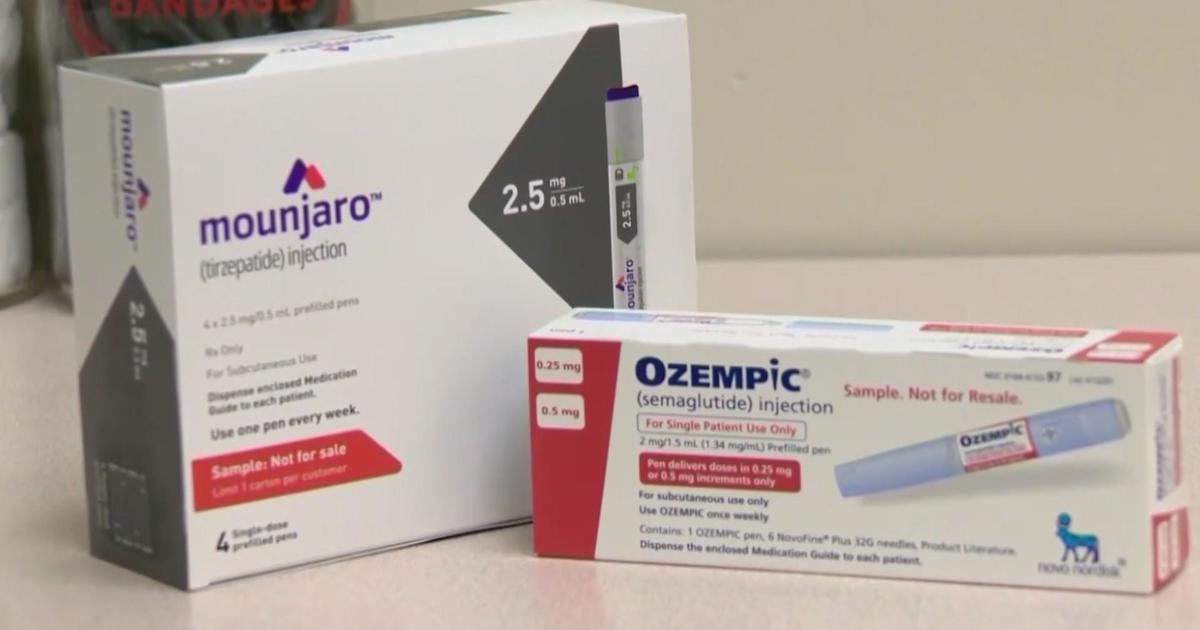Waist Or Weight ... Which Should You Measure?
 Go to your doctor, and odds are you'll have a BMI calculation, meaning "Body Mass Index".
Go to your doctor, and odds are you'll have a BMI calculation, meaning "Body Mass Index".
You get weighted, measured, then a calculation of your BMI will tell you whether you are of normal weight, obese, underweight, and so forth.
Then, odds are, your doctor will lecture you about your BMI being too high (the majority of Americans do not get a passing grade on this test), and then launch into a spiel on your higher risk of diabetes, cancer, heart disease, bunions, you name it.
The problem is: we are learning the BMI is a very inaccurate way to assess your proportions, and hence, risk of disease and death,
Now don't get me wrong, carry a belly that looks like a 9 month pregnancy is not conducive to good health -- yet the nit-picking over some BMI calculations may be the wrong highway to travel when it comes to being lectured.
In fact, a study from the CDC from just a few months ago showed people who carried just a few extra pounds seemed to live a little longer and healthier than people who were of low normal, or underweight.
That aside, here are some of the issues with the BMI:
1. It simply measures height and weight, then plugs numbers into a formula. No look at other factors. For example, an alcoholic or smoker might be slim because of poor nutrition, but would look dazzling on a BMI chart.
2. It doesn't take into account muscle mass. For example, if you've got a good build, you will carry more weight in muscle, but the BMI charts do not differentiate fat vs. muscle. If you took the Bronco running backs, almost all would ring the bad buzzer on the BMI charts, yet they all seem to have nary an ounce of fat on them.
3. It doesn't look at the difference between a 20-year-old and a 70-year-old. Think about it, a 70-year-old might not have gained a pound over 20 years, but has probably shrunk a few inches because of spine disk thinning, so they would show up as overweight on the charts, which once again, is height and weight only.
4. Finally, BMI doesn't look at where you might be carrying extra weight, such as belly vs. hips. And belly fat, as you've heard, is evil to the body, but hauling around a bigger kiester might not be.
So, the thing to note: no single number defines your healthy weight.
But a tape measure might help you get a more accurate, and broader picture.
I believe this other method will show you a clearer picture of whether you need some body work: absi-calculator.com/



